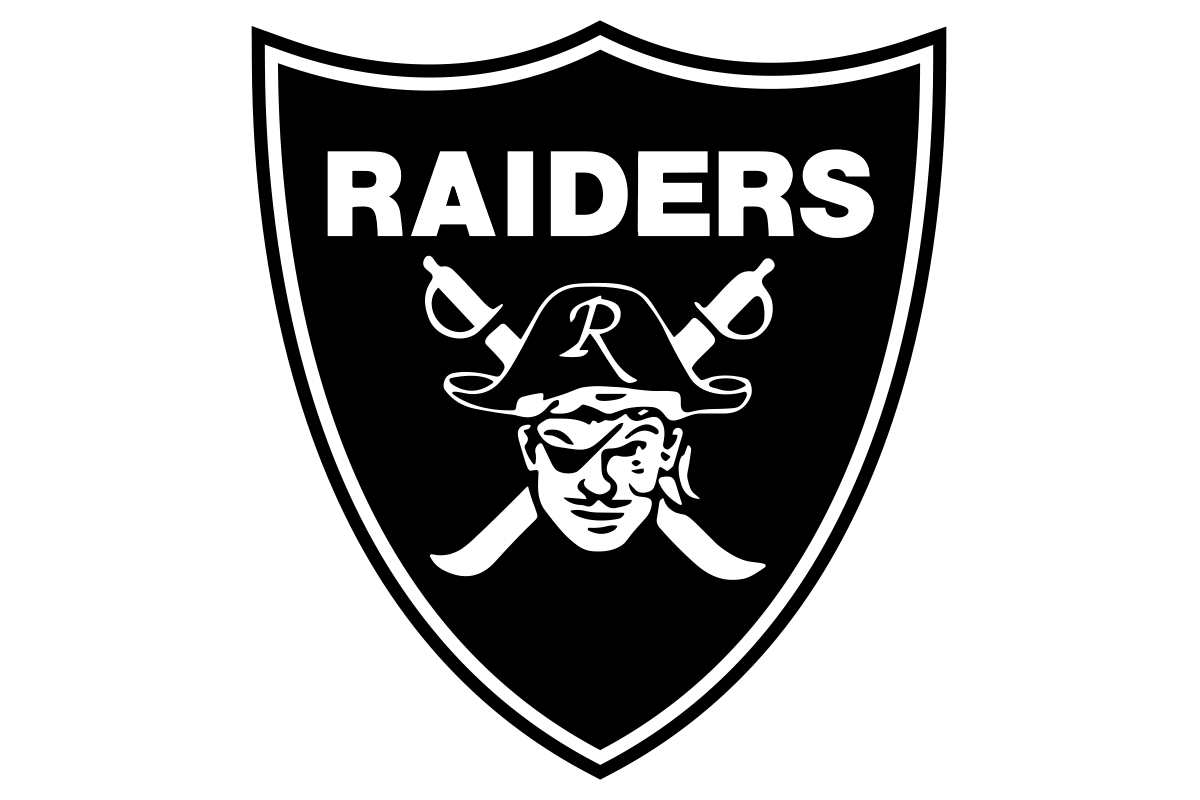Understanding Teen Mental Illness
Mental illness has taken a big turn in the past decade especially with teens and the percentages have gone up.
The Statistics:
ADHD: 9.8%
Anxiety: 9.4%
Behavioral problems: 8.9%
Depression: 4.4%
Major depressive episode: 15.1%
Feelings of sadness and hopelessness: 36.7%
Substance disorder: 4.1%
Alcohol use disorder: 1.6%
Made suicide plan: 15.7%
Considered suicide attempts: 18.8%
Suicide attempts with treatment: 2.5%
Suicide attempts: 8.9%
These mental illnesses have affected over 2.7 million teens through out the world. According to the Polaris Teen Center, “Adolescence and teenage girls are two times more likely to experience depression than boys. The reason for this is likely biologically based as the brain regions affected by depression have high concentration of sex hormone receptors.” The Turning Point of Tampa’s website says, “Adolescence is a time when young people are struggling to fit in, socially and emotionally. They are especially vulnerable to bullying, social rationalization, family dysfunction, problems in school, and trauma, any of which may trigger a mental health issue.”
What Raiders Are Saying:
I asked some Randall teens why they think mental illness in teenagers is increasing worldwide.
“There’s a lot of stress on their plate and they are told they can’t be depressed because they are kids which adds more stress.”- Anonymous
“A lot of people are on social media and are more social on it, so when it comes to contacting someone in person it causes a lot of anxiety.” -Anonymous
“I think it is the stress the school systems put on teens.” -Anonymous
“The school system puts a lot of pressure on us not knowing that we have feelings and need a break like everyone else.”- Anonymous
The Signs & How To Get Help:
Signs of mental illness can include feeling restless, wound up or on edge, becoming fatigued easily, struggling with concentration, experiencing irritability, and levels of worry that are out of control.
If you or a friend need help, talking to a guidance counselor or doctor are good options for support. You can also text 988 or call the Substance Abuse and Mental Health Service Administration (SAMHSA), which is free, confidential and open 24/7, 365 days a year. Their number is 1-800-662-HELP (4357).









